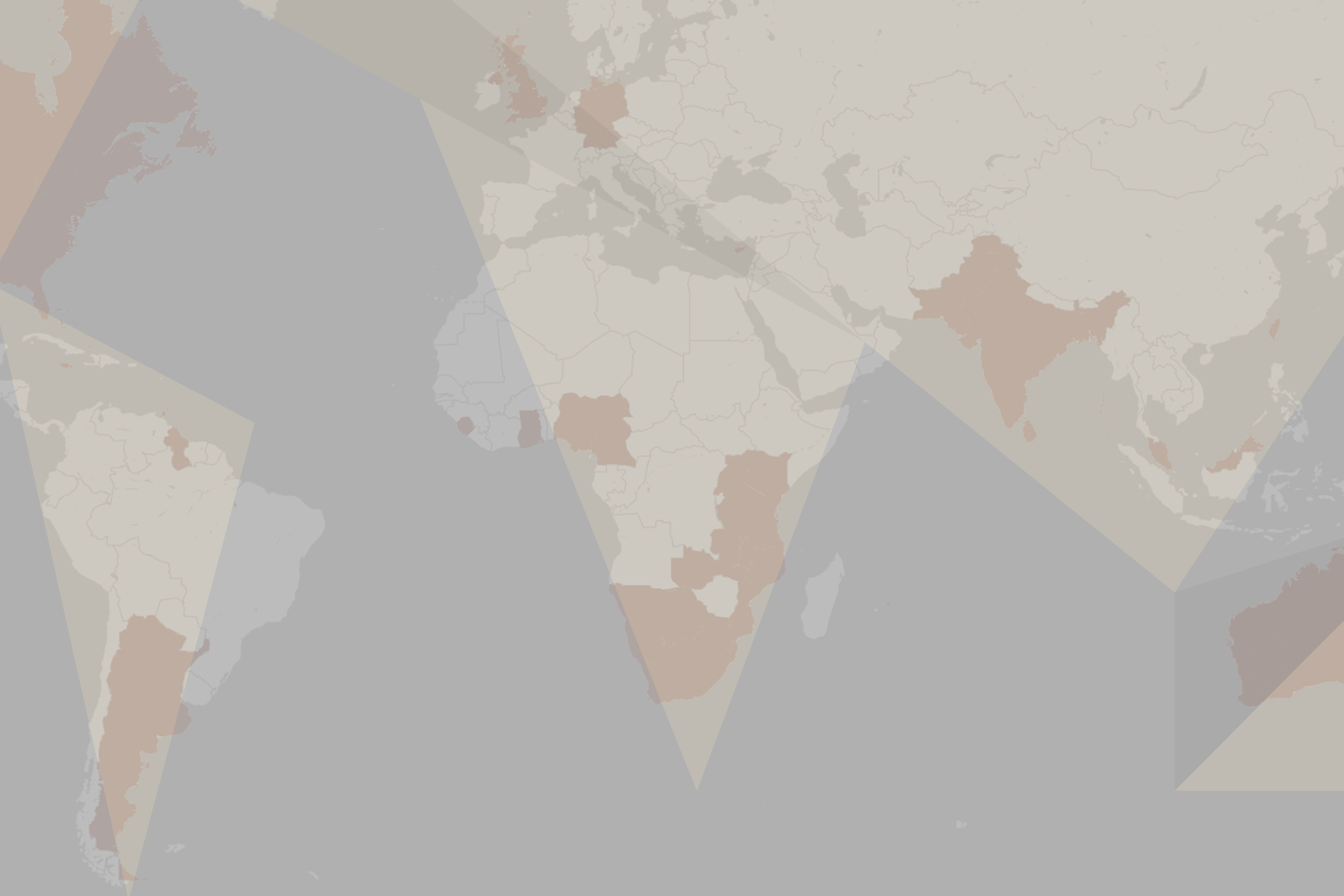There are serious concerns that new press regulations imposed by the Tanzanian communications regulator will lead to tighter restrictions on the media by limiting pluralism and freedom of expression.
In accordance with new regulations imposed by the Tanzania Communications Regulatory Authority (TCRA), local radio and television stations can no longer broadcast foreign content without seeking permission from the government.
Local media houses must apply for a new licence and cannot broadcast foreign content from international partners such as Deutsche Welle (DW) and the BBC via their channels until the licence has been granted.
Deutsche Welle Chief, Peter Limbourg, described the move as a “clumsy attempt to suppress critical voices before the elections in Tanzania”, which are due to take place in October. He added, “We support our partner broadcasters in Tanzania and together we will find ways to keep the population well informed, for example through the increased use of social media.”
In an effort to clarify what the regulations would mean in practice, TCRA Director General, James Kilaba, explained to Broadcast Media Africa that the new rules “should not impact on broadcasters currently running programmes from foreign sources with an apparent partnership agreement in place”, allowing these cross-border partnerships to continue as normal. A TCRA representative also informed DW that the regulations simply allow the regulator to document the agreements made between local broadcasters and foreign media outlets. These agreements had to be submitted by the 18 August.
However, under the new regulations local correspondents or fixers working with foreign reporters must also have a government official or TCRA representative present for the duration of their reporting. The changes were included in an amendment to the 2018 Electronic and Postal Communications Act (Epoca). Further amendments have also allowed the government to impose restrictions on social media users, making it illegal to post content considered to be against national security or Tanzania’s reputation as well as unauthorised information about the COVID-19 pandemic.
According to the Media Institute for Southern Africa (MISA), the latest changes are likely to have taken place after Radio Free Africa, a local radio station, broadcast an interview by BBC Swahili, which featured an opposition presidential candidate. The TCRA claimed the broadcast was one-sided as it didn’t include a comment from a government official. In response, MISA stated, “On allegations that Radio Free Africa ran a one-sided interview, this is an ethical issue that should ordinarily be handled by a media self-regulatory body, rather than a statutory body such as the TCRA.”
MISA also suggested that “this latest directive could be designed to muzzle free media and also ensure that the opposition does not receive due media coverage.”
With Tanzania’s General Election due to take place in October, there are fears that the new regulations not only pose a significant threat to media pluralism, but the very ability of news media to provide balanced and responsible coverage of the democratic process as well as their ability to hold power to account both during and after the election.
Header image: TV cameras lined up, covering large public event. Credit: Microgen/istock
